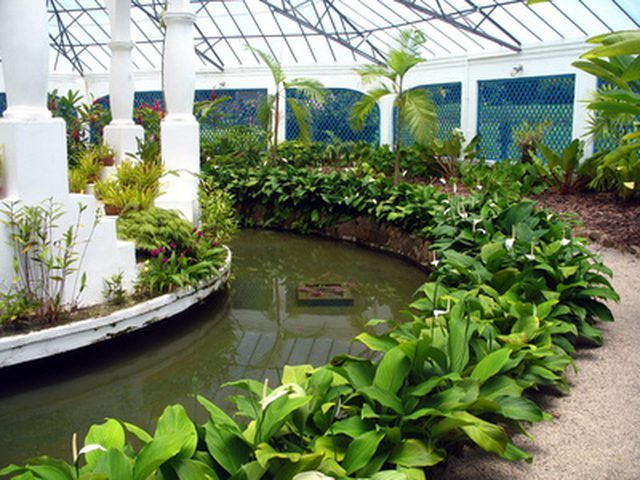Bulbs
Flower Basics
Flower Beds & Specialty Gardens
Flower Garden
Garden Furniture
Garden Gnomes
Garden Seeds
Garden Sheds
Garden Statues
Garden Tools & Supplies
Gardening Basics
Green & Organic
Groundcovers & Vines
Growing Annuals
Growing Basil
Growing Beans
Growing Berries
Growing Blueberries
Growing Cactus
Growing Corn
Growing Cotton
Growing Edibles
Growing Flowers
Growing Garlic
Growing Grapes
Growing Grass
Growing Herbs
Growing Jasmine
Growing Mint
Growing Mushrooms
Orchids
Growing Peanuts
Growing Perennials
Growing Plants
Growing Rosemary
Growing Roses
Growing Strawberries
Growing Sunflowers
Growing Thyme
Growing Tomatoes
Growing Tulips
Growing Vegetables
Herb Basics
Herb Garden
Indoor Growing
Landscaping Basics
Landscaping Patios
Landscaping Plants
Landscaping Shrubs
Landscaping Trees
Landscaping Walks & Pathways
Lawn Basics
Lawn Maintenance
Lawn Mowers
Lawn Ornaments
Lawn Planting
Lawn Tools
Outdoor Growing
Overall Landscape Planning
Pests, Weeds & Problems
Plant Basics
Rock Garden
Rose Garden
Shrubs
Soil
Specialty Gardens
Trees
Vegetable Garden
Yard Maintenance
Pros & Cons of UV-Coated Polycarbonate Panels
Pros & Cons of UV-Coated Polycarbonate Panels. Polycarbonate panels are used mainly to cover greenhouses. Commercial growers rely on them for their durability and superior light transmission. Panels with ultraviolet-resistant coating or integral UV layers are especially popular because they can last for years without yellowing or degrading.

Polycarbonate panels are used mainly to cover greenhouses. Commercial growers rely on them for their durability and superior light transmission. Panels with ultraviolet-resistant coating or integral UV layers are especially popular because they can last for years without yellowing or degrading.
Pro
UV light is a major enemy of any plastic, especially polycarbonate. Without a resistant coating or layer, polycarbonate greenhouse panels can yellow and need frequent replacement. High quality panels are usually UV coated and come with a warranty to back up the manufacturer's longevity claims.
Con
High UV climates like Arizona or New Mexico are hard on greenhouse coverings. You may find yourself replacing panels more often no matter what they're made of or how much they cost. Also consider how much physical damage the panels might receive. In some circumstances, an expensive, high-grade polycarbonate panel might not make economic sense.
Conclusions
Depending on your application, UV-coated polycarbonate panels may be worth the extra expense, considering their longevity. Just be sure to check out the brand you buy, the warranty and user testimonials.